Your HVAC system works tirelessly through Houston’s sweltering summers and unexpected cold snaps, but do you really know what happens during a comprehensive service visit? Most homeowners understand their system needs maintenance, yet few grasp the full scope of what professional HVAC service and repair actually entails. When your comfort and energy bills hang in the balance, understanding the difference between a quick fix and complete service can save you thousands of dollars over your system’s lifetime.
At 75 Degree AC, we’ve serviced thousands of Houston homes since 2016, and we’ve seen firsthand how proper comprehensive service transforms struggling systems into efficient, reliable comfort machines. This guide breaks down exactly what you should expect from complete HVAC service and repair, helping you make informed decisions about your home’s most critical comfort system.
Understanding Complete HVAC Service and Repair
Complete HVAC service and repair goes far beyond simply replacing filters or topping off refrigerant. It encompasses a systematic approach to evaluating, maintaining, and optimizing every component of your heating and cooling system. Professional technicians examine both the mechanical and electrical elements, ensuring each part functions within manufacturer specifications.
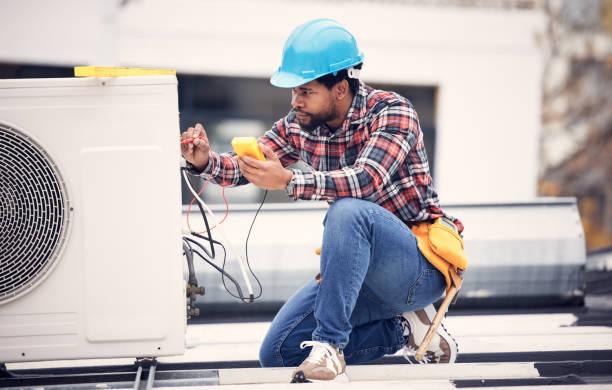
The distinction between basic and comprehensive service often determines whether your system lasts 10 years or 20. According to the Air Conditioning Contractors of America (ACCA), properly maintained HVAC systems operate up to 40% more efficiently than neglected units, translating to significant energy savings and enhanced comfort throughout your home.
Think of it like automotive service: while an oil change keeps your car running, comprehensive service addresses everything from transmission fluid to brake inspections. Your HVAC system deserves the same thorough attention, especially considering it runs approximately 2,800 hours annually in Houston’s climate.
Core Components of Professional HVAC Service
System Inspection and Diagnostics
Every complete service begins with a thorough system inspection. Certified technicians utilize advanced diagnostic tools including digital manifold gauges, thermal imaging cameras, and electrical meters to assess system performance. This initial evaluation identifies both immediate concerns and potential future issues.
The inspection process examines critical components including the compressor, evaporator coils, condenser coils, blower motor, and all electrical connections. Technicians measure temperature differentials, check refrigerant pressures, and verify proper airflow throughout your ductwork. This comprehensive assessment creates a baseline for your system’s health and performance.
Cleaning and Maintenance Procedures
Professional cleaning extends well beyond what homeowners can accomplish independently. Technicians employ specialized coil cleaning solutions, high-pressure washers, and industrial-grade vacuums to remove accumulated dirt, debris, and biological growth that standard maintenance misses.
Key cleaning procedures include:
- Chemically cleaning evaporator and condenser coils to restore heat transfer efficiency
- Clearing condensate drain lines to prevent water damage and mold growth
- Cleaning blower components to ensure proper airflow
- Removing debris from outdoor units and ensuring adequate clearance
- Sanitizing drain pans to eliminate bacterial growth
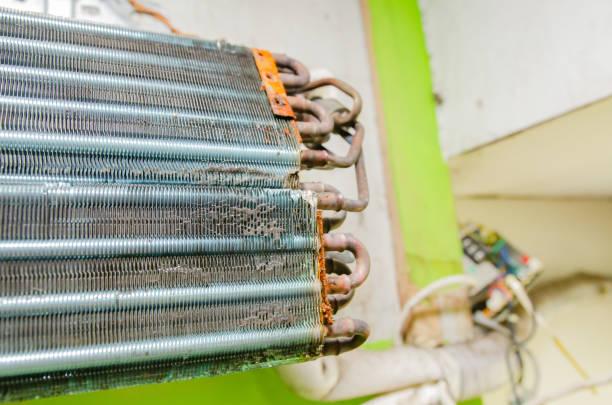
Electrical System Evaluation
Electrical components cause approximately 35% of HVAC failures, making thorough electrical inspection crucial. Technicians test capacitors, inspect contactors, verify proper voltage, and examine all wiring connections for signs of wear or damage. They measure amp draws on motors and compressors, ensuring components operate within specifications.
Loose connections create resistance that generates heat, potentially causing component failure or even fire hazards. Professional service includes tightening all electrical connections and applying specialized compounds to prevent corrosion, particularly important in Houston’s humid environment.
The Comprehensive Repair Process
Diagnosis and Troubleshooting
When systems malfunction, accurate diagnosis prevents unnecessary repairs and expenses. Professional technicians follow systematic troubleshooting protocols, starting with the most common issues before investigating complex problems. This methodical approach ensures accurate identification of root causes rather than simply addressing symptoms.
Modern diagnostic tools enable technicians to identify issues invisible to untrained eyes. Refrigerant leak detectors can find microscopic leaks, while digital multimeters reveal electrical problems before complete failure occurs. This precision prevents the frustration and expense of repeated service calls for unresolved issues.
Common HVAC Repairs Explained
Understanding common repairs helps homeowners recognize when professional service is necessary. Here’s what typically falls under comprehensive repair service:
| Repair Type | Frequency | Typical Lifespan | Warning Signs |
|---|---|---|---|
| Capacitor Replacement | Every 5-7 years | 5-10 years | Hard starting, humming sounds |
| Refrigerant Recharge | Only if leak present | System lifetime if no leaks | Warm air, ice formation |
| Blower Motor Repair | Every 10-15 years | 15-20 years | Weak airflow, unusual noises |
| Thermostat Replacement | Every 10 years | 10-15 years | Temperature inconsistencies |
| Contactor Replacement | Every 5-10 years | 7-10 years | System not starting, chattering |
Preventive Maintenance vs Emergency Repairs
The stark contrast between preventive maintenance and emergency repairs often surprises homeowners. Regular maintenance typically costs between $150-$300 annually, while emergency repairs average $500-$2,000, not including the discomfort of system failure during extreme weather.
Professional preventive maintenance catches small issues before they escalate. For instance, a $50 capacitor replacement during routine service prevents compressor damage that could cost $2,500 or require complete system replacement. The U.S. Department of Energy reports that preventive maintenance reduces the likelihood of breakdowns by up to 95% while lowering energy costs by 30%.
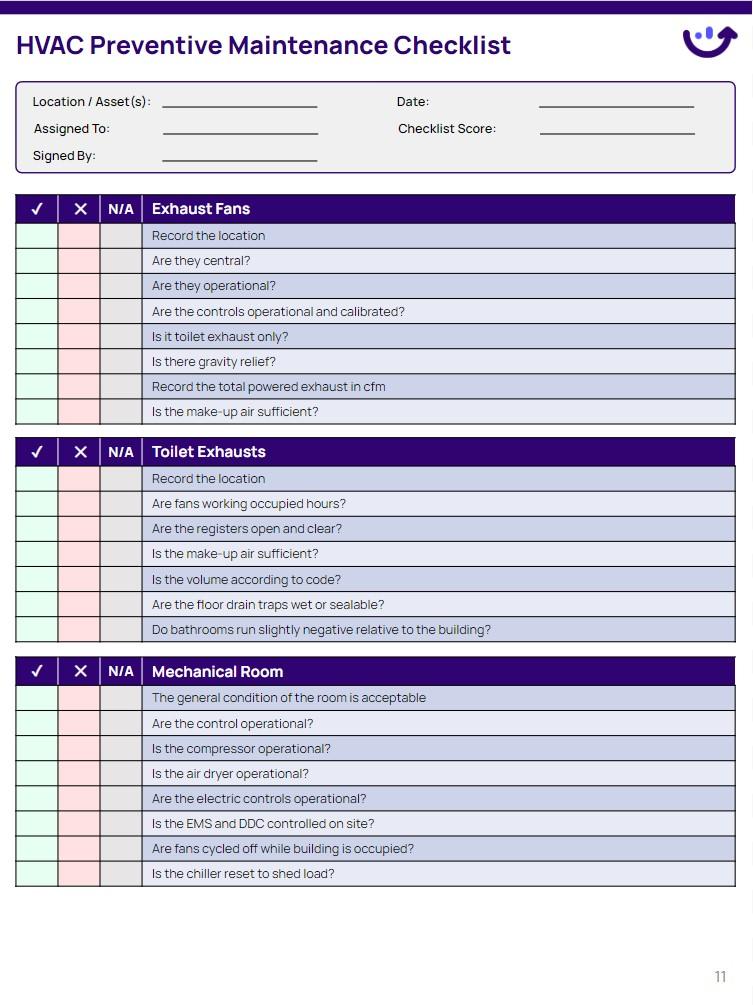
Emergency repairs often occur at the worst possible timesduring heat waves or cold snaps when HVAC companies face overwhelming demand. This timing not only causes discomfort but often results in premium pricing for after-hours service. Investing in regular maintenance virtually eliminates these stressful, expensive situations.
Understanding Service Costs and Value
What Affects HVAC Service Pricing
Several factors influence the cost of comprehensive HVAC service and repair. System age plays a significant role, as older units require more intensive service and increasingly scarce replacement parts. The complexity of your system, including zoning systems or advanced filtration, also impacts service requirements and costs.
Geographic location affects pricing due to labor costs and climate demands. In Houston, where systems work harder and longer than in moderate climates, comprehensive service becomes even more valuable. The expertise level of technicians also influences costcertified professionals command higher rates but deliver superior results and longer-lasting repairs.
Long-term Value of Professional Service
Professional HVAC service represents an investment rather than an expense. Energy Star studies show properly maintained systems use 15-25% less energy than neglected units. For the average Houston home spending $2,400 annually on heating and cooling, this translates to $360-$600 in yearly savingsmore than covering maintenance costs.
Beyond energy savings, professional service extends equipment lifespan. The average HVAC system costs $5,000-$10,000 to replace. Extending system life by even five years through proper maintenance provides tremendous value. Additionally, many manufacturer warranties require professional maintenance documentation, protecting your investment against unexpected failures.
When to Schedule HVAC Service
Seasonal Service Timing
Strategic service scheduling maximizes system performance and technician availability. Spring service prepares air conditioning systems for Houston’s brutal summer heat, while fall service ensures heating systems function properly for occasional cold snaps. This bi-annual schedule aligns with manufacturer recommendations and warranty requirements.
Industry expert James Rodriguez, a NATE-certified master technician with 20 years of experience, advises: “Schedule spring service in March or early April, before the heat arrives and everyone needs emergency repair. Fall service in October ensures your heating system works when that first cold front hits. Waiting until you need the system often means waiting days for service during peak demand.”
Warning Signs Requiring Immediate Service
Certain symptoms demand immediate professional attention to prevent system failure or safety hazards:
- Unusual odors: Burning smells indicate electrical problems, while musty odors suggest mold growth
- Strange noises: Grinding, squealing, or banging sounds signal mechanical issues requiring prompt attention
- Frequent cycling: Systems turning on and off repeatedly indicate control problems or improper sizing
- Increased energy bills: Sudden spikes in utility costs often reveal declining system efficiency
- Inconsistent temperatures: Hot and cold spots throughout your home suggest airflow or equipment problems
- Water leaks: Pooling water near indoor units indicates drainage issues requiring immediate correction
Selecting the Right HVAC Service Provider
Essential Qualifications to Verify
Not all HVAC service providers deliver equal quality. Professional contractors maintain proper licensing, insurance, and bonding to protect homeowners. In Texas, HVAC contractors must hold TDLR (Texas Department of Licensing and Regulation) licenses, demonstrating competency and regulatory compliance.
Look for technicians with NATE (North American Technician Excellence) certification, the industry’s premier qualification. These professionals undergo rigorous testing proving their expertise in system installation, service, and repair. Additionally, verify the company maintains current liability insurance and workers’ compensation coverage.
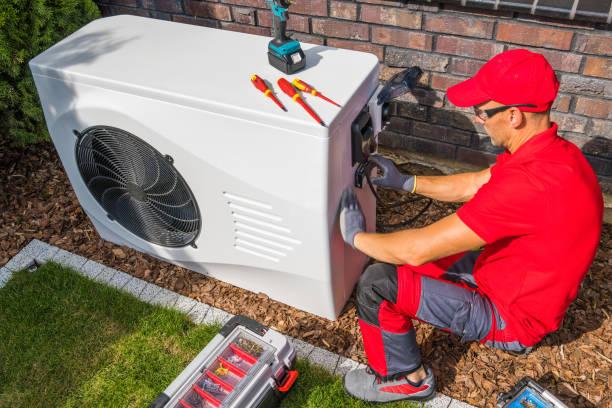
Questions to Ask Your HVAC Contractor
Before scheduling service, ask potential contractors these critical questions:
- What specific services does your comprehensive maintenance include?
- Do you provide detailed written estimates before beginning work?
- How do you handle warranty claims for parts and labor?
- What emergency service options do you offer?
- Can you provide references from recent customers?
- Do your technicians receive ongoing training on new technologies?
Professional contractors welcome these questions and provide clear, detailed answers. They offer written service agreements outlining exactly what’s included, associated costs, and warranty terms. Transparency in pricing and procedures distinguishes reputable contractors from those cutting corners.
The 75 Degree AC Difference
Since 2016, 75 Degree AC has provided comprehensive HVAC service throughout Houston and surrounding communities. Our approach combines technical expertise with genuine care for customer comfort and satisfaction. Every service call begins with thorough system evaluation, followed by clear explanation of findings and recommendations.
Our comprehensive maintenance programs include all manufacturer-recommended services plus additional inspections specific to Houston’s challenging climate. We maintain detailed service records for every customer, tracking system performance over time and anticipating potential issues before they cause problems.
What sets us apart is our commitment to education and transparency. We explain not just what we’re doing, but why it matters for your system’s performance and longevity. This approach empowers homeowners to make informed decisions about their HVAC investments.
Frequently Asked Questions
How often should HVAC systems receive professional service?
Most manufacturers recommend bi-annual serviceonce in spring for cooling systems and once in fall for heating systems. Houston’s intense operating conditions may warrant more frequent service for older systems or those in challenging environments with excessive dust or humidity.
What’s the difference between a tune-up and complete service?
A tune-up typically includes basic maintenance like filter replacement and visual inspection. Complete service encompasses thorough cleaning, comprehensive testing, electrical system evaluation, refrigerant level verification, and performance optimization of all system components.
Can I perform HVAC maintenance myself?
Homeowners can handle basic tasks like filter replacement and keeping outdoor units clear of debris. However, comprehensive service requires specialized tools, EPA certification for refrigerant handling, and technical expertise to safely work with high-voltage electrical components and pressurized systems.
How long does comprehensive HVAC service take?
Thorough service typically requires 1-2 hours for standard residential systems. Complex systems with multiple zones or advanced features may require additional time. Rushed service often means corners are cut, so be wary of companies promising complete service in 30 minutes.
Does professional service really extend system lifespan?
Absolutely. Studies consistently show professionally maintained systems last 40% longer than neglected units. Regular service prevents minor issues from causing major component failure, much like regular oil changes prevent engine damage in vehicles.
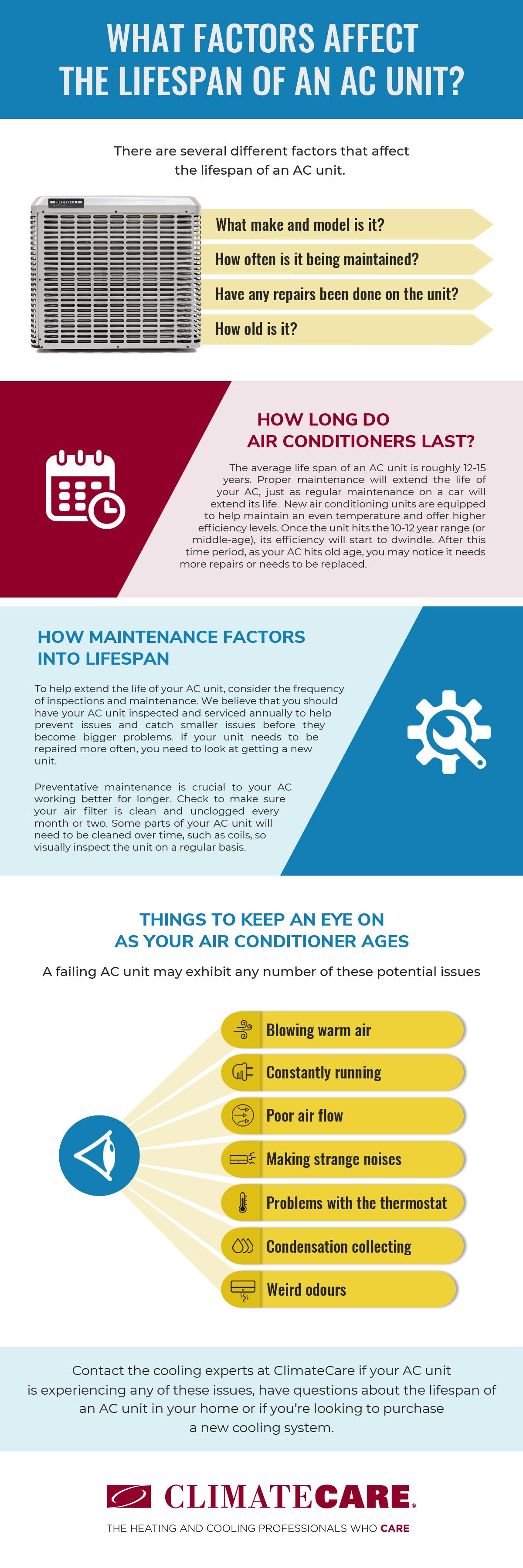
What should I do between professional service visits?
Change filters monthly during peak season, keep outdoor units clear of vegetation and debris, ensure indoor vents remain unobstructed, and monitor your system for unusual sounds, odors, or performance changes. Document any concerns to discuss during your next service appointment.
Protecting Your Comfort Investment
Complete HVAC service and repair represents far more than routine maintenanceit’s comprehensive care ensuring your system delivers reliable comfort while operating efficiently for years to come. From thorough inspections and precise diagnostics to expert repairs and preventive maintenance, professional service protects both your comfort and your wallet.
The difference between basic and comprehensive service becomes clear when Houston’s weather turns extreme. Systems receiving complete professional care continue operating smoothly, while neglected units fail when you need them most. The minimal investment in regular service prevents emergency repairs, reduces energy costs, and extends system lifespan significantly.
Don’t wait for system failure to discover the value of professional HVAC service. Whether you need emergency AC repair or want to establish a preventive maintenance plan, 75 Degree AC delivers the comprehensive service your system deserves. Our certified technicians bring the expertise, tools, and dedication necessary to keep your home comfortable year-round.
Ready to experience the peace of mind that comes with professional HVAC service? Call 75 Degree AC at (713) 598-2737 to schedule your comprehensive system evaluation today. Ask about our maintenance agreements that include priority service, discounted repairs, and the assurance that your comfort system is in expert hands.
